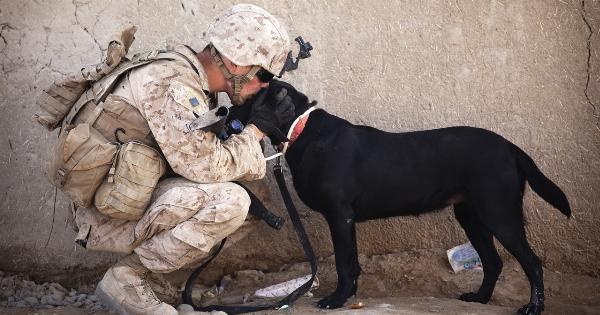Infidelity can rock the very foundation of a marriage or a long-term relationship. When a husband strays, it leaves his partner with a million questions, including what his actions say about him.
While it’s important to remember that each individual and relationship is unique, certain patterns and behaviors can offer insight into the mindset and character of an unfaithful husband.
H2: Betrayal and Broken Trust
Infidelity is ultimately a betrayal of trust. When a husband cheats, he breaks the trust that was built over years of commitment, love, and shared memories. This betrayal often leaves the betrayed partner feeling hurt, angry, and devastated.
The actions of an unfaithful husband reflect a breach of trust, demonstrating that he prioritized his own desires over the emotional well-being of his partner.
H2: Lack of Emotional Fulfillment
While it’s important to note that not all cases of infidelity can be attributed solely to the unfaithful partner’s emotional dissatisfaction, there is often an underlying issue that contributes to his actions.
An unfaithful husband may have felt emotionally unfulfilled in his relationship, seeking emotional connection and understanding outside the confines of his marriage or commitment. This can indicate an inability or unwillingness to communicate and address these issues within the relationship.
H2: Need for Validation and Attention
One of the motivations behind infidelity is often a deep-rooted need for validation and attention. An unfaithful husband may seek external validation and affirmation to boost his self-esteem or ego.
By engaging in extramarital affairs, he receives an immediate sense of validation and admiration from his illicit partner, temporarily filling the emotional void he may feel within himself.
H2: Escape from Relationship Issues
For some unfaithful husbands, the act of cheating can provide a temporary escape from the challenges and conflicts within the relationship.
Instead of confronting and resolving these issues with his partner, he chooses infidelity as a way to avoid addressing the problems head-on. This behavior demonstrates a lack of communication skills and a lack of willingness to work on the relationship.
H2: Sense of Entitlement
In some cases, an unfaithful husband may display a sense of entitlement, believing that he deserves to have multiple partners or experiences outside the confines of his committed relationship.
This entitlement often stems from a distorted view of masculinity or a belief that he is exempt from the rules and expectations of monogamy. His actions reflect a selfishness and disregard for the emotional impact on his partner.
H2: Lack of Empathy
An unfaithful husband often exhibits a lack of empathy towards his partner’s emotions and the consequences of his actions. He may minimize the impact of his betrayal or refuse to take responsibility for the pain he has caused.
This lack of empathy indicates a fundamental disconnect from his partner’s feelings and an inability to fully comprehend the extent of the damage inflicted by his infidelity.
H2: Unresolved Personal Issues
Infidelity can also stem from unresolved personal issues within the unfaithful husband’s life. These could include unresolved trauma, emotional baggage, or unaddressed past relationship issues.
While these internal struggles do not excuse infidelity, they can offer some understanding as to why the husband sought an outlet outside the current relationship.
H2: Seeking Novelty and Excitement
Another common reason for infidelity is the desire for novelty and excitement that may have faded within the long-term relationship.
The unfaithful husband may crave the thrill of pursuing someone new, the uncertainty that accompanies secret affairs, or the excitement that comes from engaging in forbidden experiences. This pattern of seeking novelty demonstrates a lack of fulfillment and a need for external sources of excitement.
H2: Lack of Boundaries and Impulse Control
An unfaithful husband may struggle with setting and enforcing personal boundaries, as well as managing impulsive behaviors. The thrill and allure of an affair can override his ability to think rationally and consider the consequences of his actions.
This lack of impulse control can be indicative of deeper-rooted issues that he needs to address within himself.
H2: Disconnection from Commitment and Responsibility
Engaging in infidelity reflects a disconnection from the commitments and responsibilities that come with being in a committed relationship.
An unfaithful husband may neglect his role as a partner and disregard the impact of his actions on his spouse or long-term partner. This behavior indicates a lack of commitment and a failure to prioritize the needs and well-being of the relationship.
Conclusion
While the actions of an unfaithful husband may vary in their motivations and circumstances, they collectively reveal certain traits and behaviors.
These actions often speak volumes about his character, communication skills, emotional fulfillment, and capacity for empathy. Understanding these underlying factors can help pave the way towards healing and either rebuilding the relationship or moving forward separately.






























